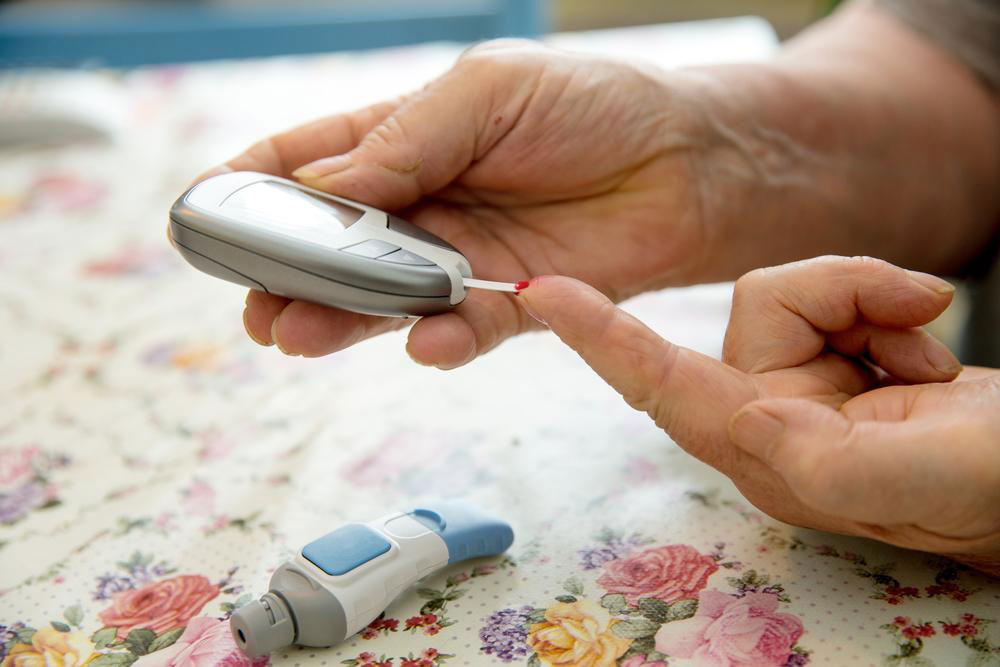A Quick Insight Into The Types And Symptoms Of Diabetes
Diabetes is not a single disease but refers to a group of metabolic disorders where the levels of sugar in the blood increase and cause a number of health hazards. In diabetes, the body either faces difficulty in getting sugar from the blood or fails to use the insulin that the body produces properly. The body can also experience a combination of both. Though there are various types of diabetes medications available yet knowing about its types and symptoms gives one better knowledge of dealing with it. This has been discussed below.
Types
Diabetes can be of different types. The four main types of diabetes are:

- Type 1 diabetes: Here, the cells producing insulin are damaged permanently, though if diagnosed early suitable type 1 diabetes medication can help.
- Type 2 diabetes: Here, the body fails to use insulin properly. This leads to increased insulin production, that results in high blood sugar.
- Prediabetes: In this type of diabetes condition, the blood sugar is high but not as high that it will reach the type 2 diabetes level.
- Gestational diabetes: This occurs only during pregnancy. Here hormones that are produced block the insulin.
Symptoms
Polyuria or increased urination, tiredness and thirst or polydipsia are the main symptoms of diabetes.
- Increased hunger
- Itchy skin and dry mouth
- Yeast infections
- Blurred vision
- Slow healing of cuts and sores
- Numbness or pain in the legs
- Weight loss
- Skin problems
- Nausea, along with vomiting
- Fatigue and drowsiness
- Itching of the skin, especially in the vaginal or groin area
In the majority of the cases, one must know that type 2 diabetes doesn’t cause many symptoms such as that of the type 1 diabetes. When it comes to the symptoms of type 1 diabetes, they can develop quickly, sometimes over a few days.
As it is possible to be diabetic with very little or almost no symptoms at all, it is essential to have yourself checked for the condition if it runs in your family. Also, a periodic health checkup is suggested for adults over 30 years. If detected with the condition, your healthcare provider will help you manage the condition with the various types diabetes medications.

